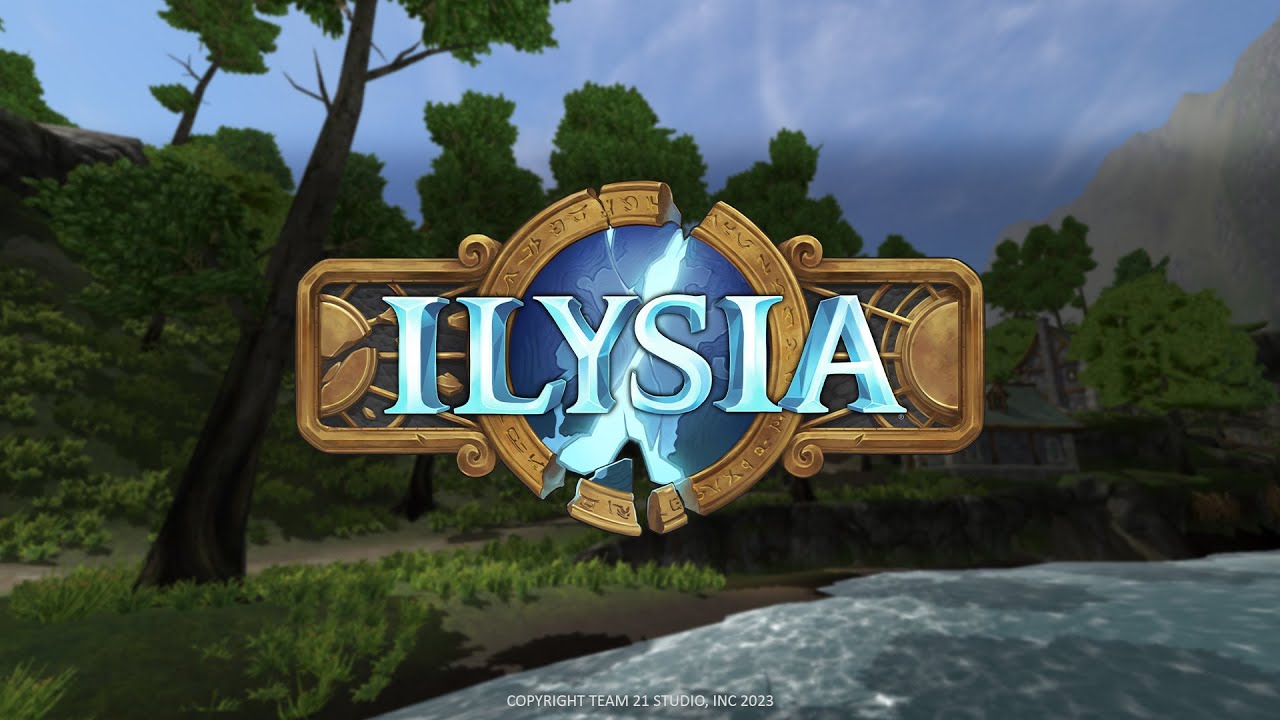In the realm of love and relationships, finding the perfect balance between dependency and autonomy can be a delicate dance. It’s a tightrope act that requires finesse, communication, and an unwavering commitment to the art of maintaining independence.
How do we navigate the space between wanting to be close to someone yet still valuing our own freedom? This eternal struggle is one that we all grapple with in our quest for healthy and fulfilling relationships.
Join us as we delve into the complexities of balancing quality time and space, seeking to unlock the secret to maintaining independence in love.
The Dangers Of Overdependence In Relationships
In the pursuit of love and connection, it is natural to want to rely on our partners for emotional support, validation, and companionship. However, when this reliance becomes excessive and we lose our sense of self, overdependence can lead to a myriad of negative consequences.
Overdependence on a partner can lead to losing one’s identity and putting one’s needs aside. When we become overly reliant on our partners, we may start to prioritize their needs and wants above our own. Our interests, goals, and aspirations may take a backseat as we continuously strive to please and satisfy our partner’s desires.
This pattern of self-neglect can erode our sense of self-worth and lead to feelings of emptiness and unhappiness.
Additionally, healthy relationships require individuals to act for the good of the relationship and their own well-being. By overly depending on our partners, we fail to foster our own personal growth and self-development. We may become complacent and stagnant, losing sight of our own dreams and ambitions.
This imbalance can create resentment and frustration, harming the foundation of the relationship and hindering both partners’ happiness.
Moreover, overdependence can result in feeling manipulated, exploited, and bullied. When one partner has an overwhelming reliance on the other, it can create an imbalance of power.
The dependent partner may feel pressured to conform to the wishes of their significant other, losing their ability to assert themselves and voice their opinions. This power dynamic can lead to a loss of autonomy and self-esteem, ultimately causing the demise of the relationship.
The Importance Of Balancing Time Together And Apart
Finding the right balance between spending quality time together and having personal space is crucial for maintaining independence in love. Both partners should have the opportunity to engage in activities that bring them joy and fulfillment, while also cherishing the time they spend as a couple.
To achieve this harmony, couples must recognize the importance of both quality time and personal space. Quality time allows for bonding, sharing experiences, and building a strong emotional connection.
It is during these moments that couples can deepen their understanding of each other and nurture their intimacy.
On the other hand, personal space grants individuals the freedom to explore their own interests, nurture their passions, and maintain their sense of self. It allows for self-reflection, introspection, and solidifies an individual’s identity within the relationship.
Healthy Dependency: Vulnerability And Openness In Love
While maintaining independence in a relationship is crucial, it is equally important to embrace healthy dependency. Healthy dependency involves being vulnerable and open with your partner, allowing them to support you emotionally while maintaining your own sense of self.
Independence and connection need to be balanced in romantic relationships. It is natural to seek emotional support and understanding from our partners, and sharing our vulnerabilities can deepen the bond we have with them. Being open and allowing ourselves to be emotionally dependent on our partners in a healthy way can bring immense joy and fulfillment.
However, dependency should not entail relying solely on one person for all our emotional needs. It is essential to cultivate a diverse support network that includes friends, family, and other important relationships.
This ensures that while our partners play a significant role in our lives, they are not burdened with the weight of carrying our emotional well-being entirely on their shoulders.
The Art Of Interdependence: Connecting Without Losing Yourself
The concept of interdependence involves recognizing the emotional bond in a relationship while maintaining a sense of self. It is about finding a delicate balance between connection and independence, where both partners can grow and thrive individually while building a strong partnership.
Interdependence allows for the acknowledgment of the unique identity and needs of each partner. It involves mutual respect, communication, and compromise.
As individuals in a relationship, it is essential to communicate openly, express our desires, and establish boundaries that ensure our personal growth is not hindered.
By embracing interdependence, couples can experience a deep connection grounded in mutual support and encouragement. It provides an opportunity for personal growth within the context of the relationship.
Maintaining Autonomy: Avoiding Codependency For Growth And Freedom
Codependency is a term used to describe a relationship dynamic in which one partner heavily relies on the other for emotional support, identity, and self-esteem. Codependent relationships are unhealthy and stifling, inhibiting personal growth and autonomy.
In a codependent relationship, boundaries are blurred, and individual needs are often sacrificed for the sake of the relationship. This dynamic fosters dependency, enabling patterns of manipulation and control to emerge.
To maintain autonomy in a relationship, it is crucial to identify signs of codependency and take proactive steps to address them. Suggestions for maintaining a sense of self include:
This allows for diverse perspectives, support, and emotional connections beyond the partnership.
A balanced relationship supports individual growth alongside shared aspirations.
By consciously nurturing our own needs, desires, and aspirations, we can contribute to a healthier and more fulfilling relationship. Maintaining a sense of self in a partnership fosters personal growth and freedom, enabling both individuals to flourish.
In conclusion, balancing quality time and space in relationships is crucial for maintaining independence in love. Overdependence can have detrimental effects, leading to loss of identity, self-neglect, and an imbalance of power.
Healthy dependency involves vulnerability and openness, while interdependence ensures both partners can grow individually and thrive together. Avoiding codependency is essential for personal growth and freedom.
By embracing a balanced approach to love and investing in ourselves alongside the relationship, we can create lasting connections that allow for personal fulfillment and happiness.

